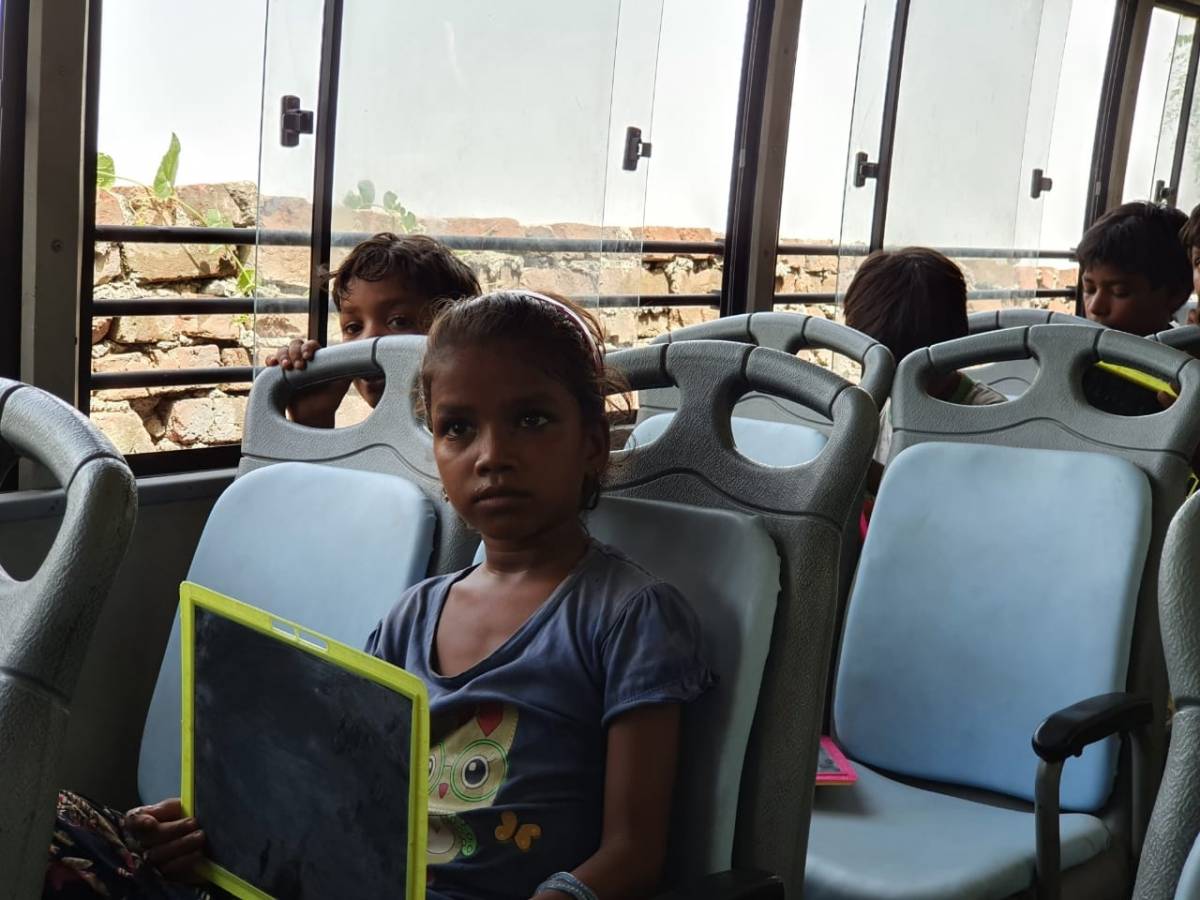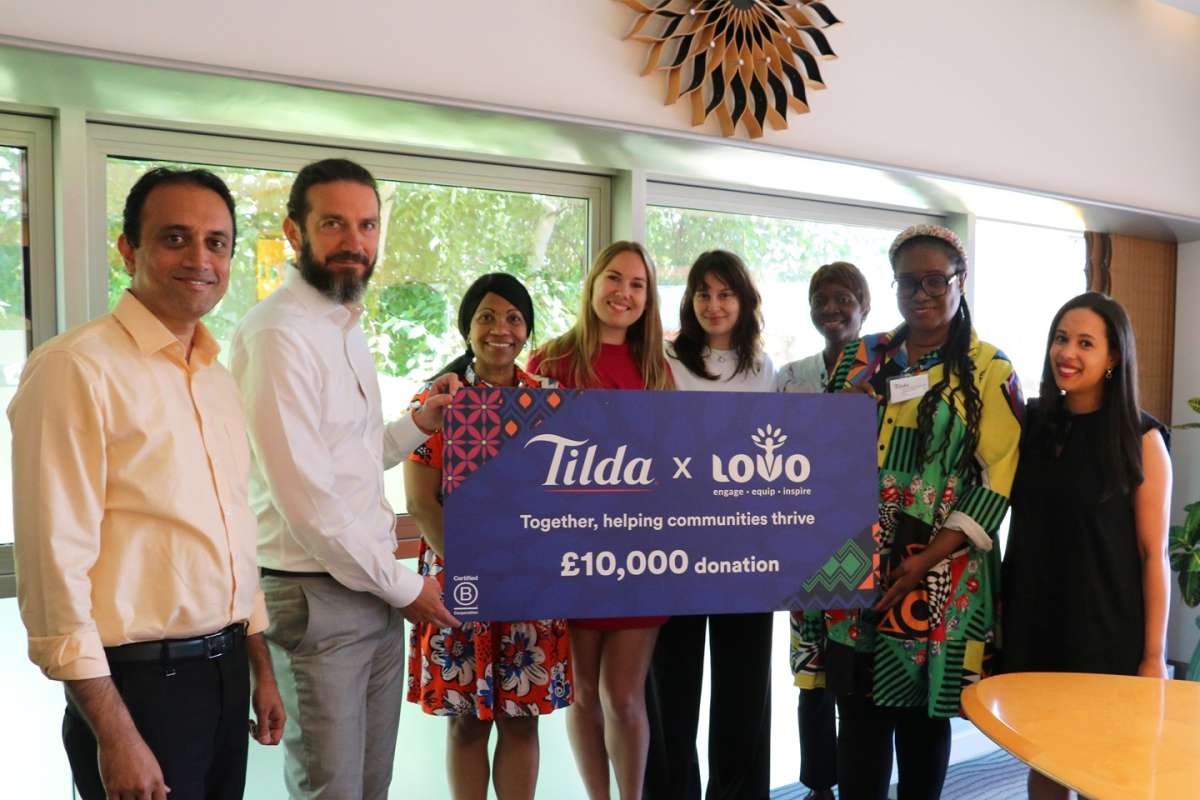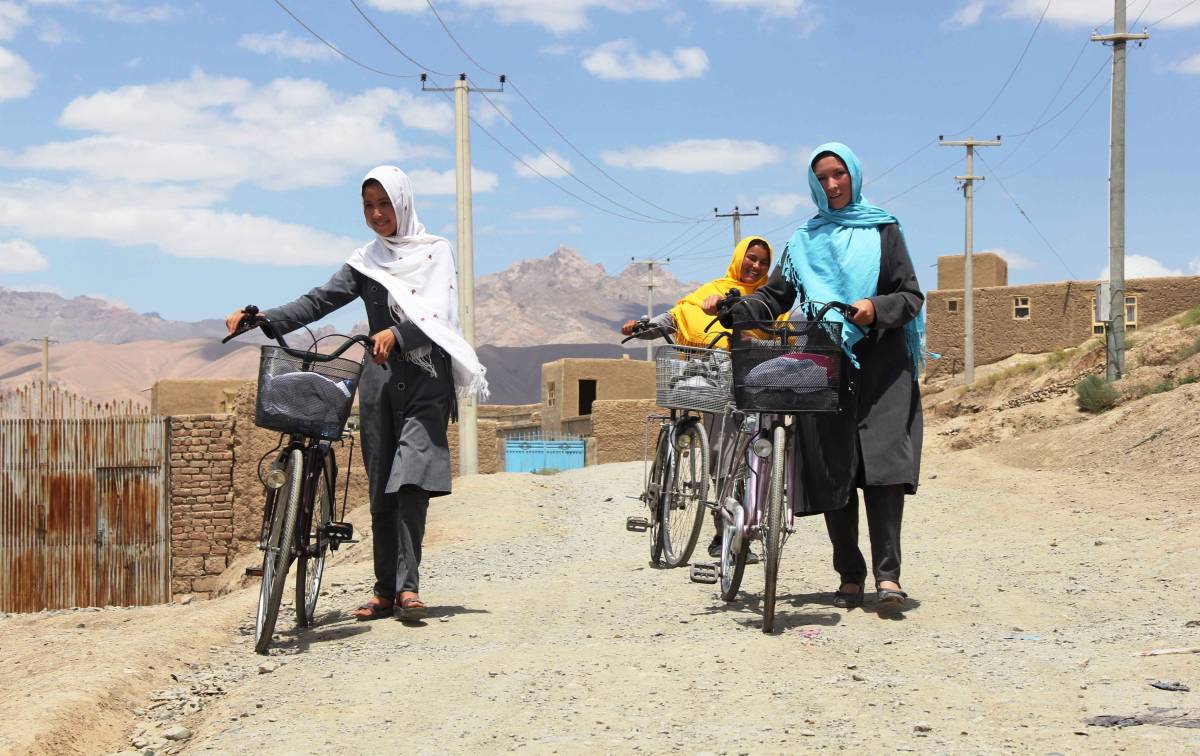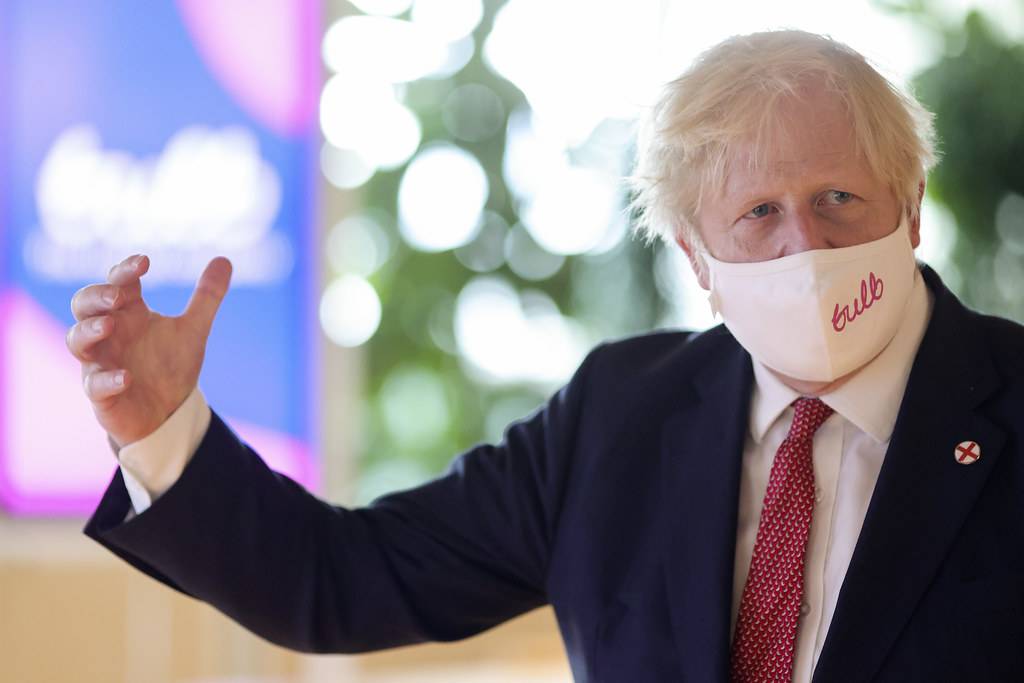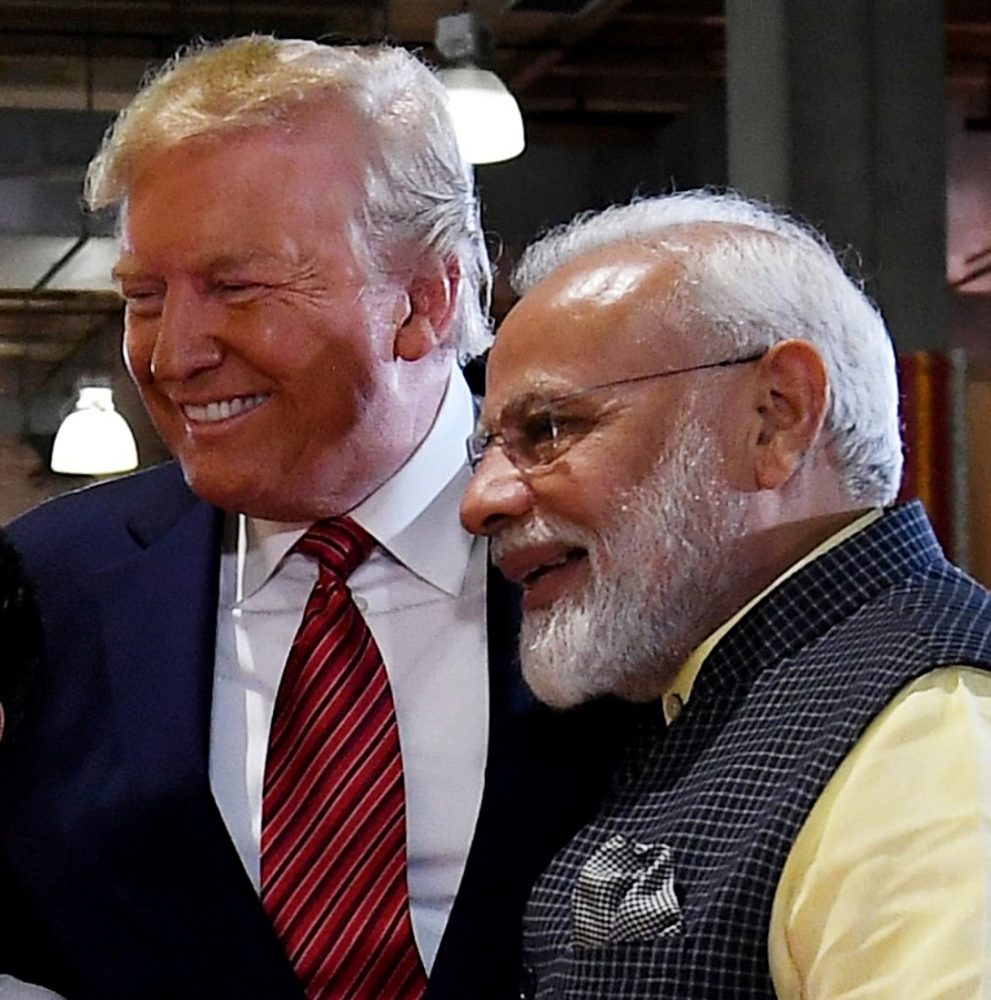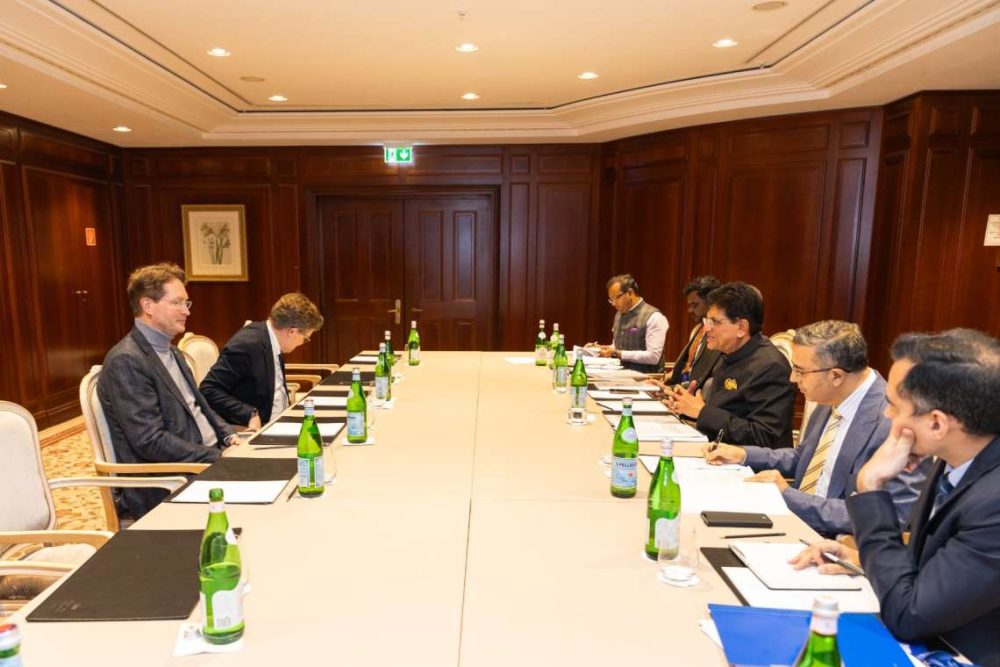Paul is also on the board of directors of DLF Limited, but she was candid enough to point out that women have not yet broken the glass ceiling in corporate India…reports Asian Lite News.
Which is the space that society set for women, is very relevant question even in this 21st century as we are celebrating 75 years of ‘freedom’. For the leading hotelier and Padma Shri awardee, Priya Paul, the education and empowerment of women are the biggest tasks ahead for India as it looks beyond its 75 years.
“More and more women have to be educated and empowered to earn their own livelihood,” said the chairperson of the Apeejay Surrendra Park Hotels.
“The work that they are doing today is invisible. They need to be brought into the organised workforce beyond the big cities. For that to happen, we must first liberate our minds and start seeing women as equal participants in the economic development of the country.”
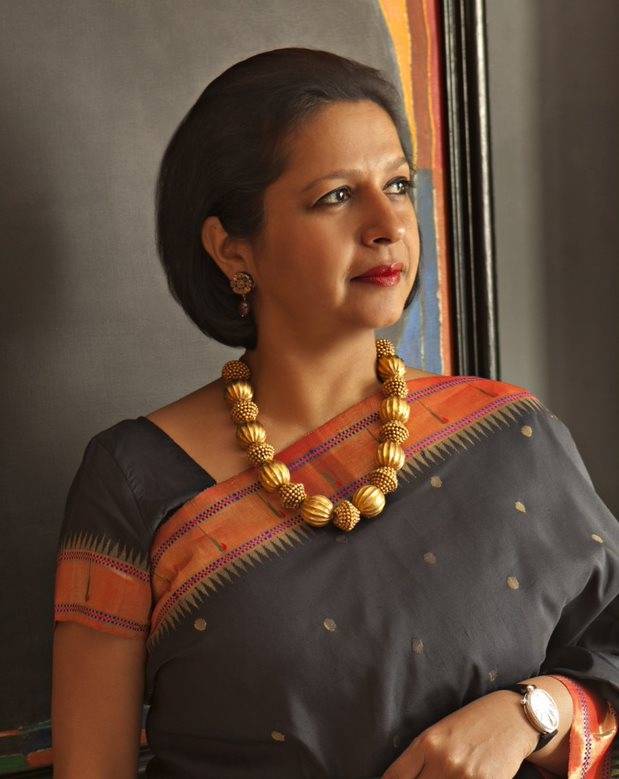
This can only happen if society changes the way it views women at work. “A man must not think that if his wife goes to work, his image as the bread-winner or the well-being of the family will suffer. We are very good at multi-tasking. We are good at our workplaces and at managing our homes as well,” Paul said.
Women, Paul pointed out, bring with them a sense of empathy and caring to their workplaces.
“We have seen it in the hospitality and tourism sectors,” Paul said. She was quick to add, though, that the proportion of women working in the two sectors is “between 20 and 40 per cent”, that too mainly in the “urban hotels”.

More importantly, women are in a minority in decision-making positions in the industry. “We find them mostly in sales and marketing and they have just started becoming chefs in bigger numbers, but we don’t find many women general managers of hotels or in key positions in hospitality companies,” Paul said, adding that the country can grow faster, and better, if women get their rightful place in the workforce.
Paul is the founder director of the South Asian Women’s Foundation-India, and the former chairperson of the World Travel and Tourism Council-India Initiative (WTTC-I) and the former president of the Hotel Association of India (HAI), she continues to serve on the executive councils of both organisations.
Paul is also on the board of directors of DLF Limited, but she was candid enough to point out that women have not yet broken the glass ceiling in corporate India.

“Professional women are still almost invisible in boardrooms or corner offices of major companies. This has got to change. India cannot grow if its women don’t,” Paul said.
“Our corporate culture has got to become more inclusive. We need to have more women at the top. That will make a real difference to corporate life in the country.”
But change has got to first start in the minds of the people. That, according to Paul, will be the biggest challenge as India looks beyond its 75th Independence Day.


